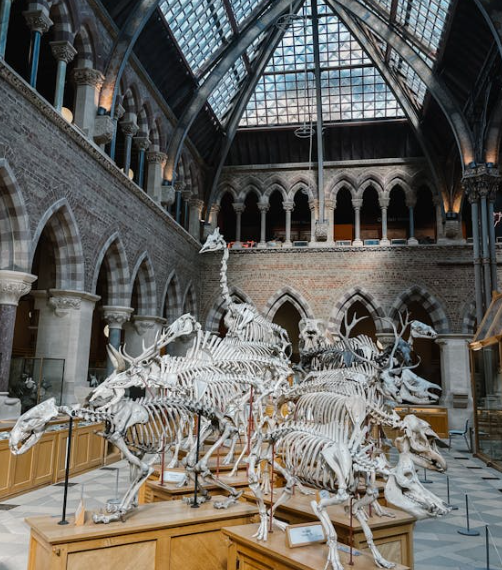Ah, the history of masculinity. Filled with tales of chivalry, stoicism, and conquering the wilderness. But beneath this veneer of strength often lie hidden anxieties and unspoken struggles. Today, we delve into a topic rarely discussed in history books: the “shameful secrets” of early modern men (1500-1800) and their sexual health.
The Burden of Manliness:
In the early modern era, societal expectations for men were rigid. Manliness meant strength, dominance, and the ability to procreate. This pressure weighed heavily on men, especially when dealing with sexual health issues like erectile dysfunction or infertility. These problems, shrouded in secrecy and shame, could shatter a man’s sense of self.
Whispers in the Marketplace:
The lack of open communication about sexual health led men to seek solutions in unconventional ways. Traveling salesmen peddled dubious concoctions and treatments, promising to restore virility. Barbers, seen as jacks-of-all-trades, often dabbled in bloodletting and other questionable practices to “cure” sexual problems. Imagine a world where your barber doubled as a sex therapist – a recipe for potential disaster!
The Stigma of Syphilis:
Venereal diseases, particularly syphilis, ran rampant during this period. The symptoms, often disfiguring and painful, not only caused physical suffering but also carried a heavy social stigma. Men infected with syphilis faced not just the physical consequences but also the fear of being ostracized and labeled as immoral.
A Silent Suffering:
Mental health, particularly depression and anxiety surrounding sexual performance, remained largely unexplored. Men were expected to be stoic and suppress their emotions. This lack of emotional expression could lead to feelings of isolation and a worsening of their sexual anxieties.
A Glimpse into the Past:
Understanding these “shameful secrets” isn’t just about historical voyeurism. It sheds light on the evolution of masculinity and the complexities of human health. It also highlights the importance of open communication and access to reliable healthcare, lessons that resonate even today.
Moving Forward:
The early modern era may be long gone, but the anxieties surrounding sexual health can still linger. By acknowledging these historical struggles, we can move forward with greater empathy and understanding. Men’s health, both physical and mental, deserves open discussion and accessible resources. It’s time to break the cycle of shame and create a space for men to talk about their concerns without fear of judgment.
This glimpse into the past reminds us that even the most seemingly confident figures may harbor hidden anxieties. Let’s strive for a future where open communication and quality healthcare are available to all, regardless of gender or social status.










